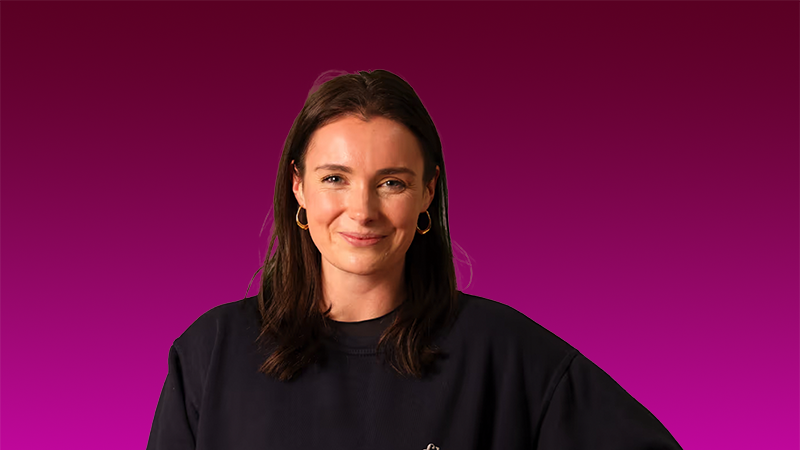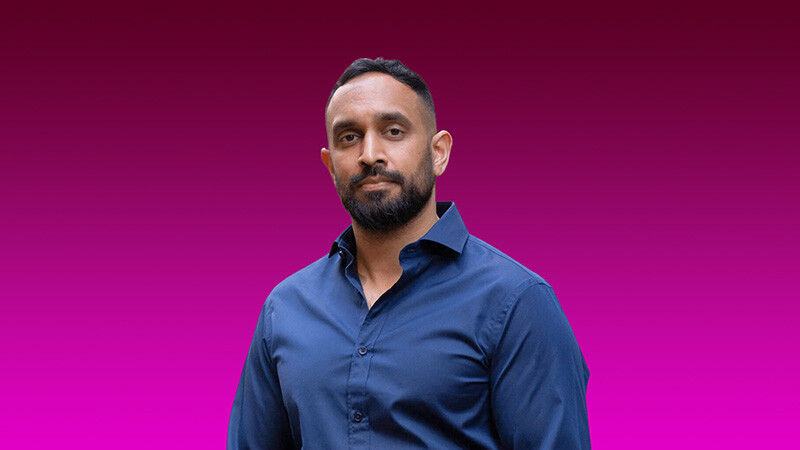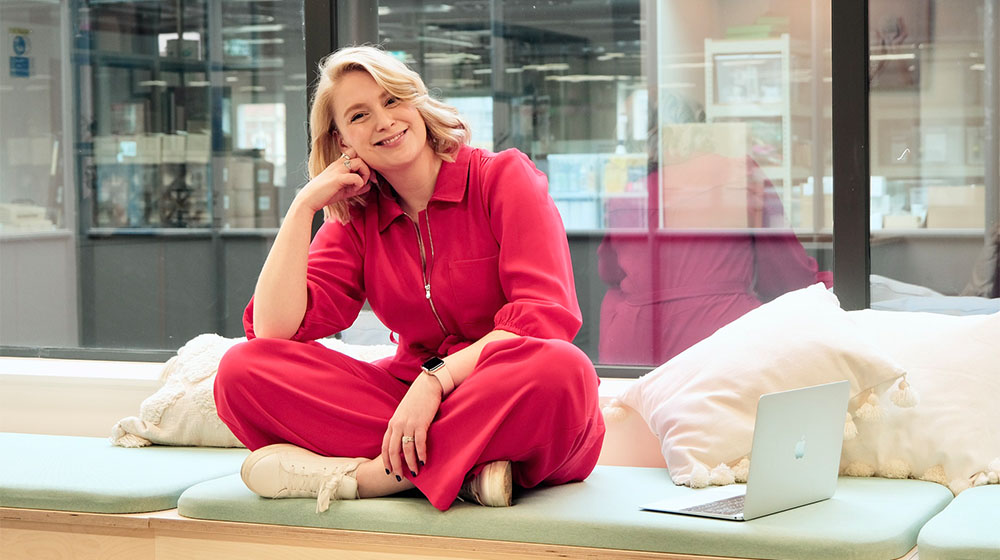FounderMetrics: John Downie
Last updated: 23 April 2024
Manage your equity and shareholders
Share schemes & options
Fundraising
Equity management
Start a business
Company valuations
Launch funds, evalute deals & invest
Special Purpose Vehicles (SPV)
Manage your portfolio
Model future scenarios
Powerful tools and five-star support
Employee share schemes
Predictable pricing and no hidden charges
For startups
For scaleups & SMEs
For larger companies
Ideas, insight and tools to help you grow

On the fifth episode of this second season of FounderMetrics, founder and CEO Ifty Nasir sits down to chat with Molly Johnson-Jones, CEO and co-founder of Flexa Careers.
Flexa helps people find companies that match their ideal working environment.
In this conversation with Ifty, Molly tells us more about her journey from struggling to find a job due to a health condition to creating a platform that champions flexibility and inclusivity.
Catch up on the highlights below, or click here to listen to this episode in full.
I co-founded Alexa with two other people, and we launched it in February 2020. We enable people to search how they want to work to find the companies that match their ideal working environments.
Back when we launched, it came out of a very personal problem that I'd had. I was diagnosed with a severe autoimmune disease when I was 18. I managed to struggle through university and then got a graduate job in investment banking.
I was waking up about once a week with my hands, face, and feet swelling up. Back then, work was only done in an office; there really wasn't such a thing as being able to work from home.
I was lured into a false sense of security when they said they were open to flexible working requests.
I was sent to an occupational health therapist who recommended that I be classified as disabled because of the severity of my illness, and thank God he did, because 10 days later, a settlement package was put in front of me, and I was told to leave.
I left and started my job-hunting process. I went through about three different companies in three years. They advertised as flexible but, in the end, they were not. I was shocked to know that even though I could do my job at home, it just wasn't allowed.
Eventually, I landed a really flexible company. I asked them why they weren't shouting about it. I had no idea until I joined; I was taking blind leaps of faith until then. They said, well, there's nowhere to showcase it.
Who would? Where would somebody look for that information? So, I started the company with my now-husband. He saw it as a massive opportunity and was like, well, why don't we try and build something to fix it? So here we are!
We started as a free flexible job platform, building up a DC user base. We thought it would be much more efficient and effective to enable companies to treat their hiring funnel like a marketing funnel.
We focused on top-of-funnel awareness and building brilliant employer brands centred around being fantastic, flexible places to work.
One of the biggest barriers to flexible working being fully embraced is that companies need to move to a more output-driven culture.
For a very long time, presenteeism has been used as a lazy proxy for performance.
If you can see somebody at their desk, it means they're working really hard. I used to work behind a guy who would come in at eight and leave at eight when most people worked nine to six. Half the day, he'd watch the cricket, and people thought he worked incredibly hard.
Being fully remote requires a lot of trust in one's team. Every role needs to come with clear expectations of what targets are meant to be hit.
With jobs where it's measurable and obvious, it's about setting clear expectations, having regular catchups, whether ad hoc or scheduled, and discussing career progression and performance.
In distributed teams, there's a need to over-communicate because you can't read someone's facial expressions or identify them in a meeting.
Setting clear targets, over-communicating, and ensuring enough face-to-face time, like stand-ups, one-to-ones, and team meet-ups, is crucial.
We meet up once a month for brainstorming sessions and problem-solving, and we genuinely make progress on that day in person.
We aim to become a more data-driven platform, given all the data we've collected, to influence the future of work and answer the questions our clients have, and to be a positive force for social change.
We didn't expect to be a social impact startup initially, but the impact of flexible working is significant.
Our user base is 76% female, 22% neurodiverse, 18% have disabilities, 28% are people of colour, and 25% are from the LGBTQ+ community. This diversity shows our ability to drive social change and enable people to thrive in inclusive businesses.
Studies suggest flexibility could add over £40 billion a year to the UK economy.
Incentivising and showing the massive impact and benefit a business can get from flexibility is how we will drive meaningful change.
We aim to be at the forefront of this and change the way we work forever. One major barrier is many leaders fear change, which we hope to mitigate by providing as much evidence and as many answers as possible, making it less like stepping into the unknown.
Flexibility is just as productive as more traditional forms of work. Companies can access a broader talent pool, including people with constraints that prevent them from working conventionally. To access their capabilities, companies must create flexibility.
I see flexibility as a spectrum, with each company having a different balance of remote and in-person time. Some will land on three days a week in the office, others on five days, and some, like both of our companies, are remote-first.
Arguably the most exciting evolution of work at the moment is the reduced workweek and reduced hours. Over time, we've seen a reduction in how much people work; people used to work six days a week in factories and fields.
We're seeing this come down slowly - although probably less quickly than hoped given all the automation and AI innovation.
You'll find Molly’s episode and more on all popular podcast platforms. Or watch the interview in full on YouTube. Don't forget to like and subscribe!

In the second episode of this second season of FounderMetrics, Ifty Nasir interviews Raj Thiruchelvarajah. Raj is the CEO and co-founder of Hytro -...

Founder and CEO Hannah Thomson talks to us about how the loss of her beloved Grandmother led to the development of The Joy Club, and how she overcame...